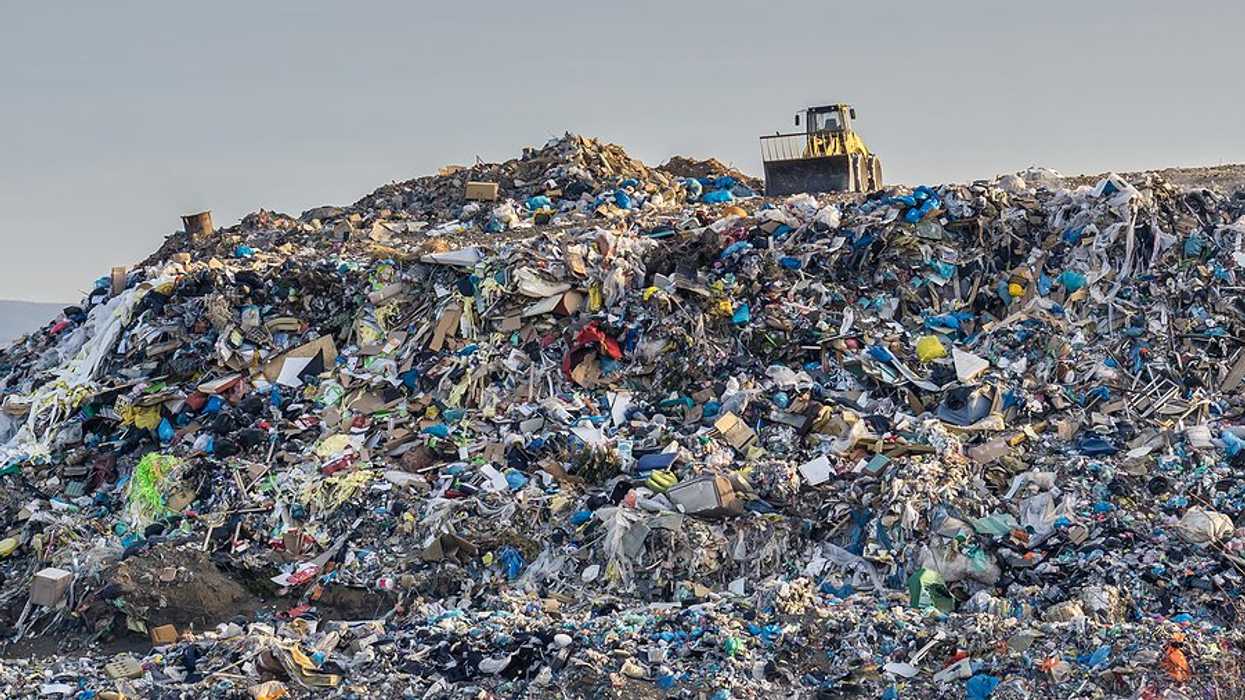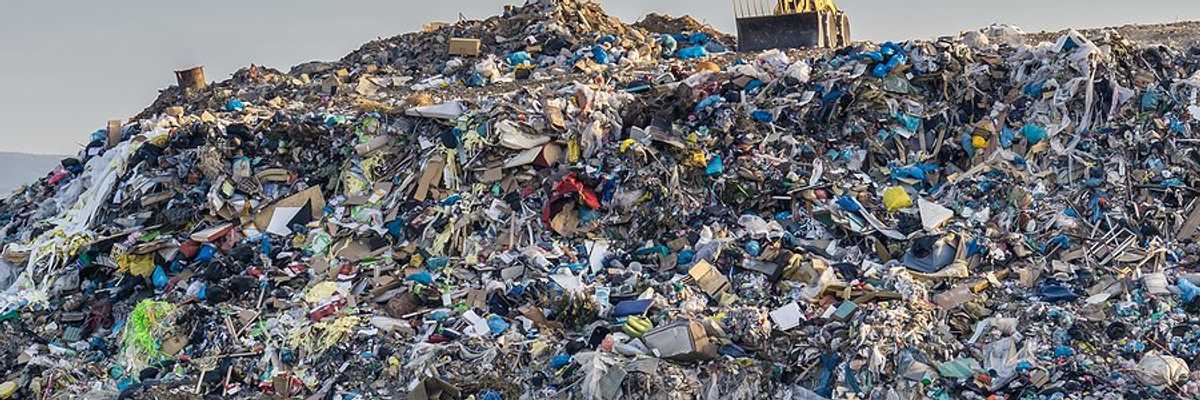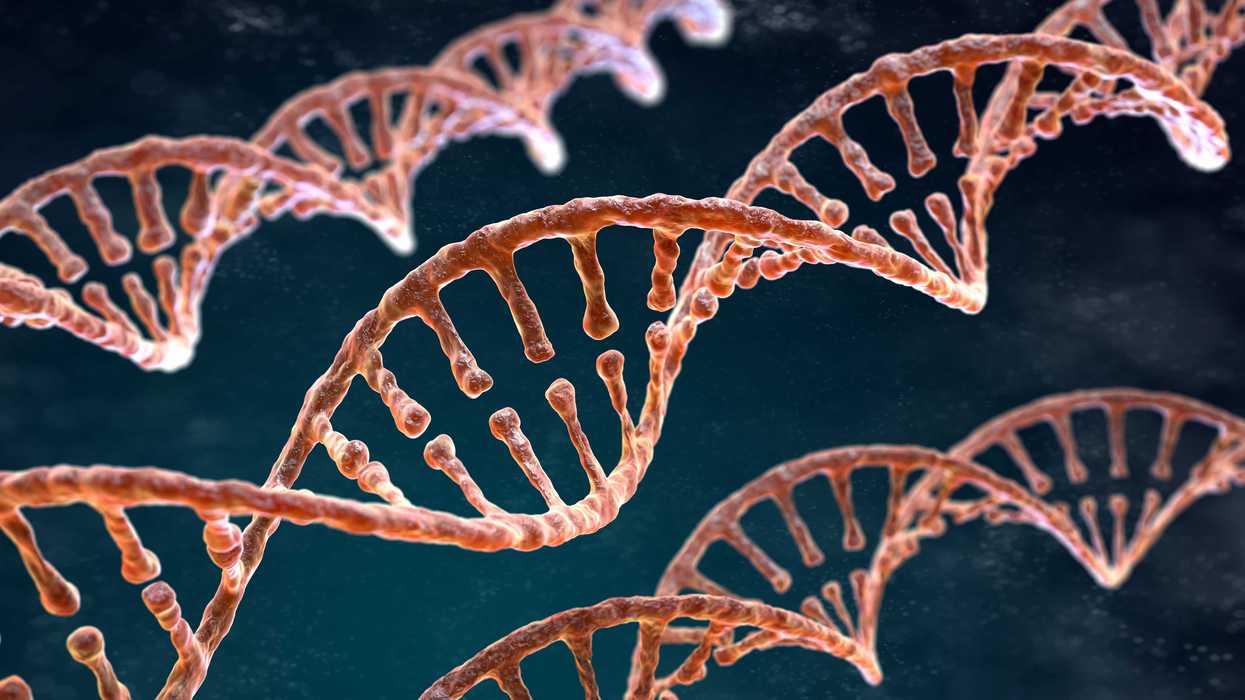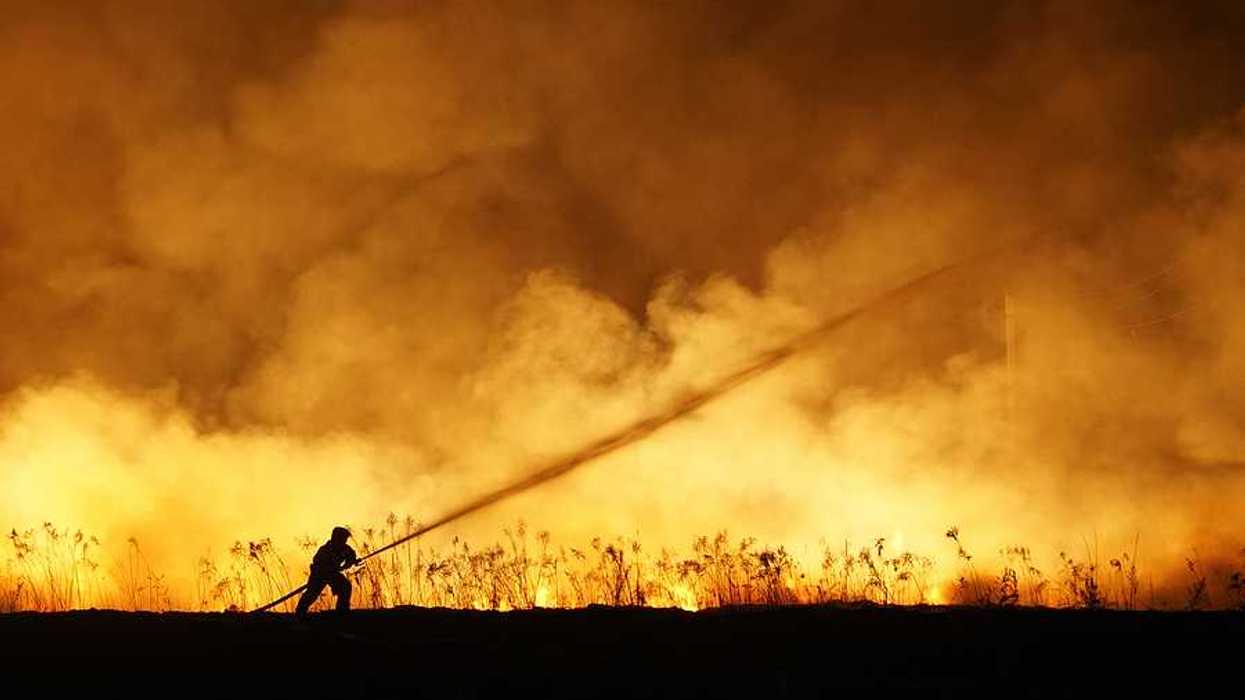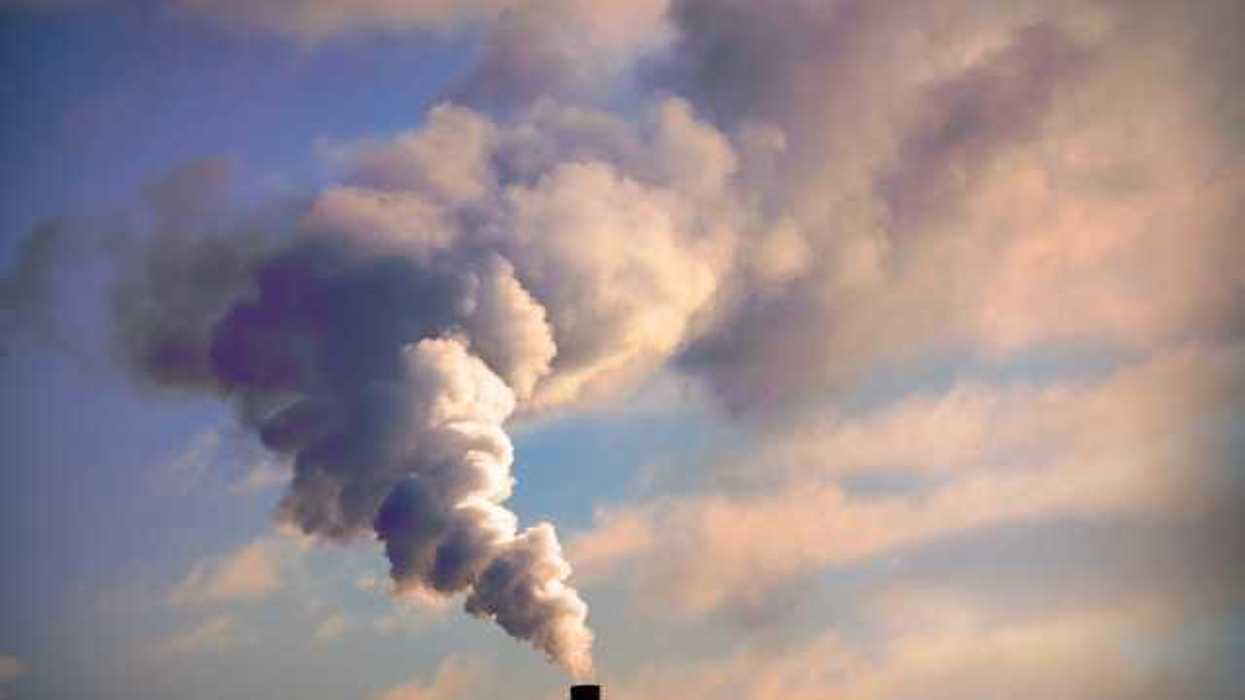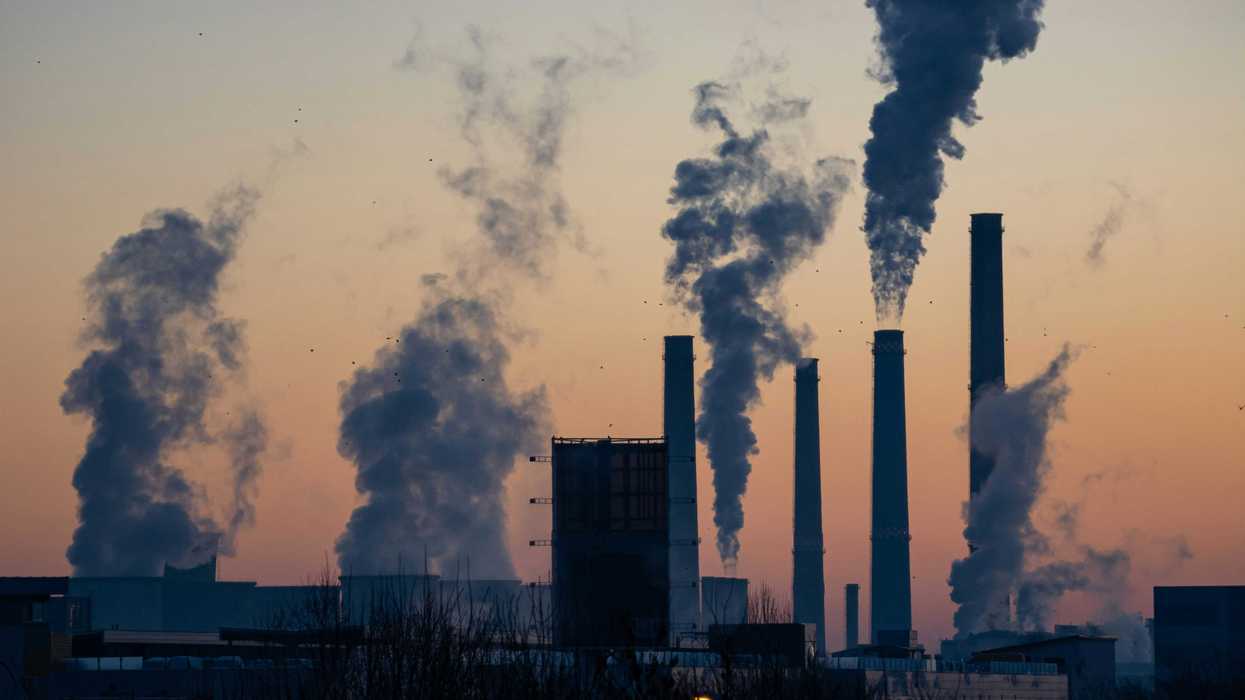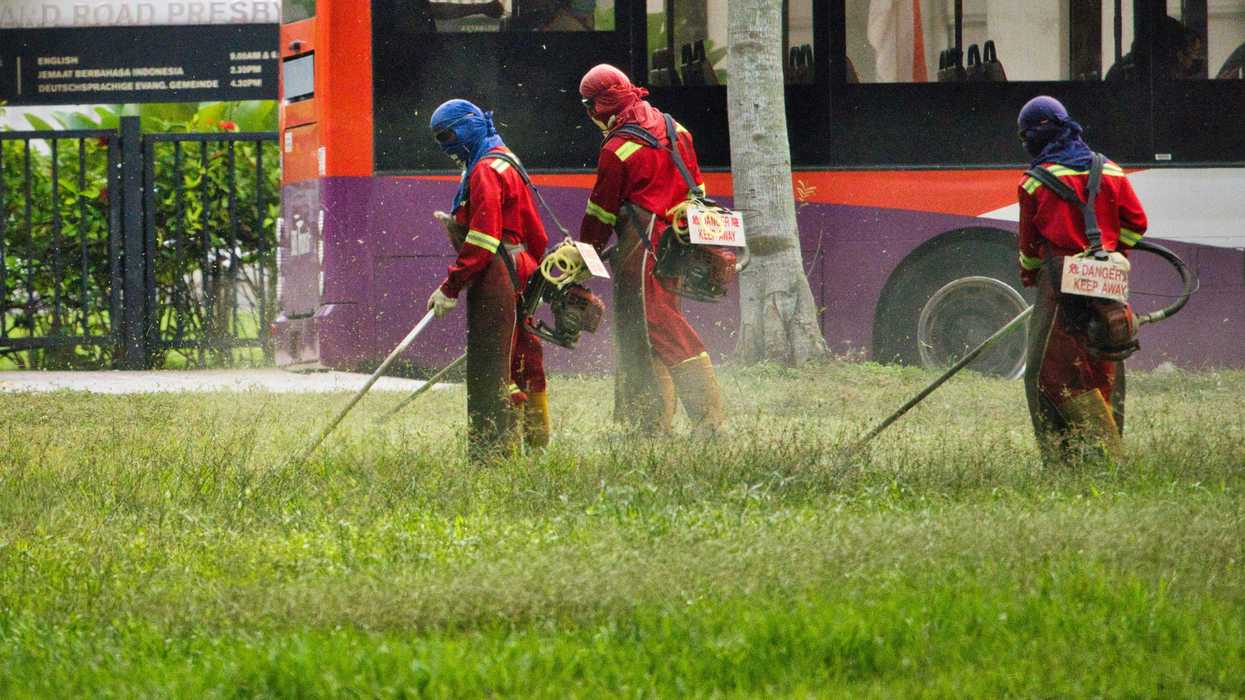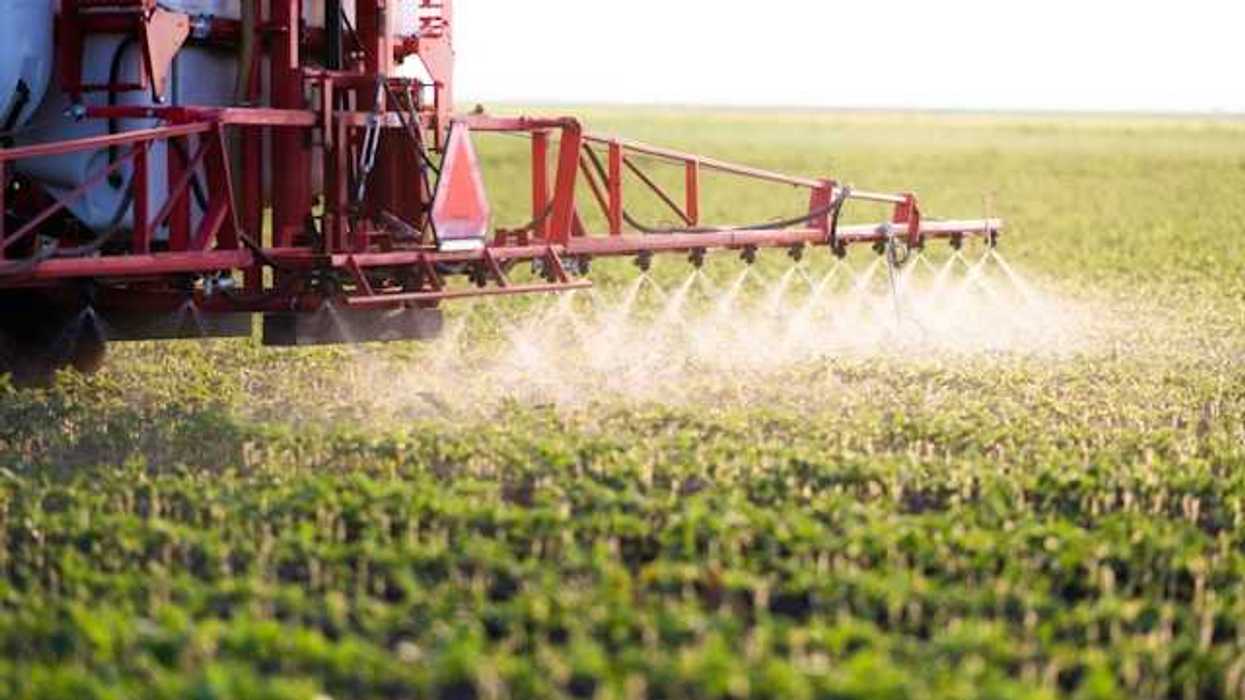A Michigan judge has blocked shipments of hazardous waste from five states to a suburban Detroit landfill after community leaders argued the facility’s proximity to homes, schools, and waterways created unacceptable environmental risks.
Ed White reports for Associated Press.
In short:
- Judge Kevin Cox issued an injunction stopping Wayne Disposal from accepting waste linked to weapons production and early atomic energy work, including Manhattan Project-era soil.
- The halt affects shipments from cleanup sites in Ohio, Iowa, New Jersey, New York, and Missouri, all managed by the U.S. Army Corps of Engineers and its contractors.
- Republic Services, which operates the landfill, says it meets or exceeds safety rules, but local officials and residents fear contamination could endanger surrounding neighborhoods.
Key quote:
“We stood strong with our community allies speaking collectively with one voice that we do not want this type of waste in our community.”
— Kevin McNamara, supervisor of Van Buren Township
Why this matters:
Landfills that accept radioactive or chemically toxic material require strict safeguards, but even small leaks can have lasting consequences for human health and ecosystems. In densely populated areas, these risks are magnified, as contaminants can travel through groundwater or become airborne, reaching schools, homes, and waterways. This case reflects the growing tension between industrial cleanup needs and local demands for environmental protection.
Related: Detroit River's oil pollution history: a tale of environmental recovery

